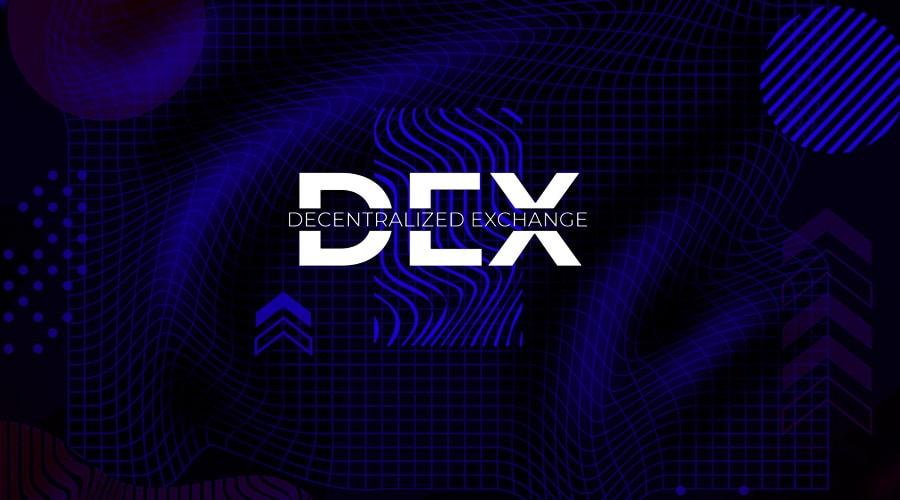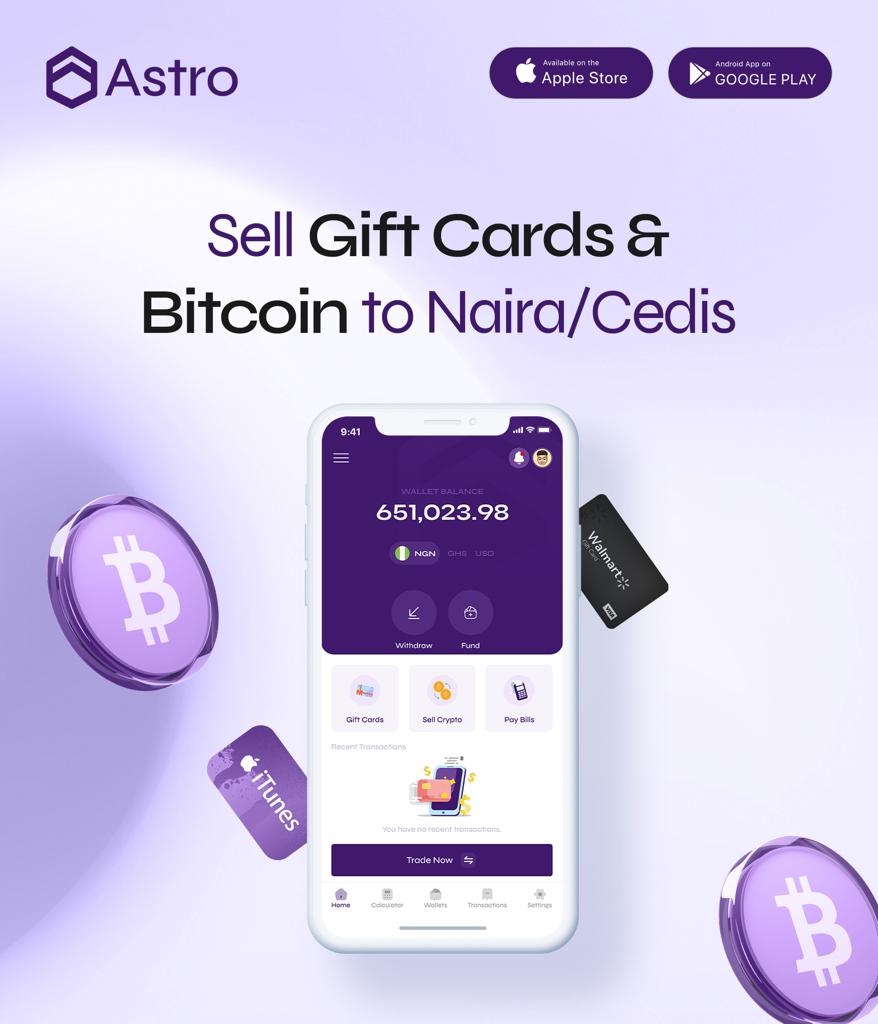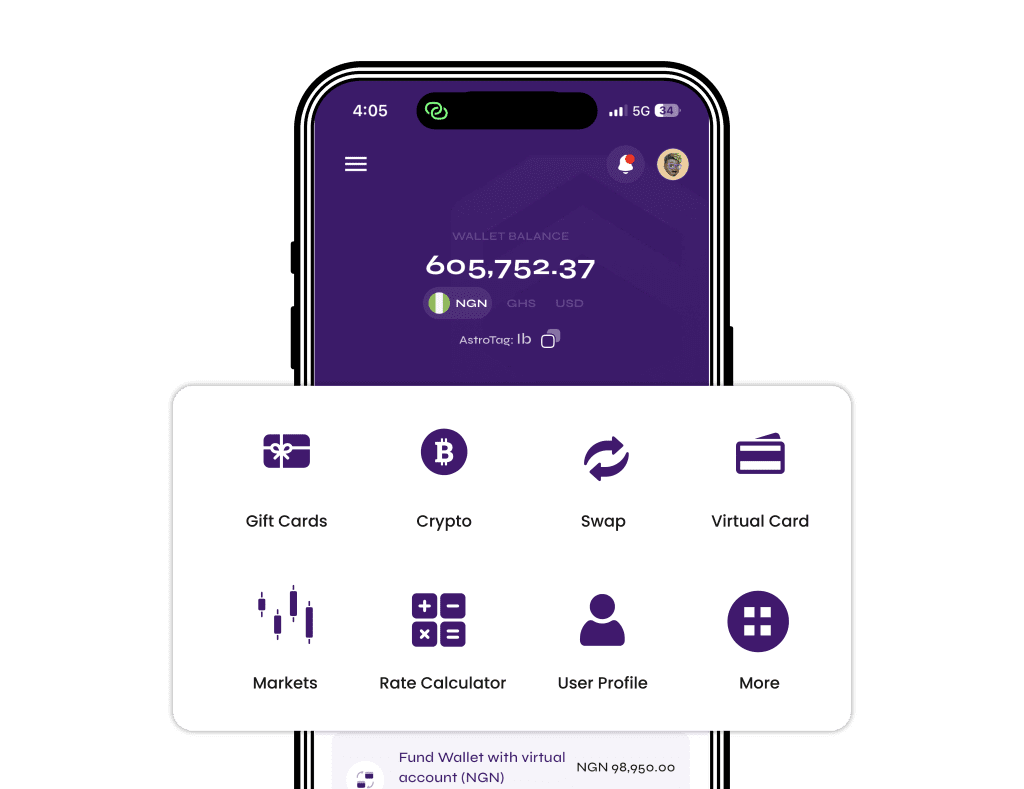Introduction to Decentralized Exchanges; Decentralized exchanges, commonly referred to as DEXs, are marketplaces where cryptocurrency traders can engage in peer-to-peer transactions without intermediaries or custodians. These exchanges utilize self-executing smart contracts, which are coded agreements, to facilitate and automate the transaction process. By eliminating the need for third-party control over funds, DEXs provide users with increased security, transparency, and control over their assets during trading activities.
Introduction to Decentralized Exchanges
What are decentralized exchanges(DEX)?
Decentralized exchanges, also known as DEXs, are cryptocurrency platforms that enable direct peer-to-peer transactions from your digital wallet, eliminating the involvement of intermediaries. DEXs such as Uniswap, PancakeSwap, dYdX, and Curve provide a secure and transparent trading environment while ensuring users maintain full control over their funds. These exchanges operate on blockchain technology, which brings several advantages, such as enhanced privacy, lower fees, and increased user autonomy. By revolutionizing the traditional centralized exchange model, DEXs offer a more decentralized and user-centric approach to cryptocurrency trading.

DEXs were developed to eliminate the need for central authorities to oversee and authorize cryptocurrency trades. These exchanges enable peer-to-peer (P2P) trading, connecting buyers and sellers directly. In most cases, DEXs are non-custodial, allowing users to retain control over their wallet’s private keys. Private keys are advanced encryption codes that grant access to one’s cryptocurrencies. By logging into a DEX with their private key, users can instantly access their crypto balances without the need to provide personal information such as names and addresses. This aspect appeals to individuals who value their privacy and seek a more anonymous trading experience.
How do DEXs work?
Decentralized exchanges are constructed on blockchain networks that leverage smart contracts, enabling users to retain custody of their funds. Every trade conducted on these exchanges incurs transaction fees in addition to trading fees. Essentially, traders engage with smart contracts on the blockchain to utilize decentralized exchanges.
There are three primary types of decentralized exchanges: Automated Market Makers (AMMs), Order Book DEXs, and DEX Aggregators. All of these facilitate direct trading between users through their respective smart contracts. Initially, the earliest decentralized exchanges employed order books similar to those seen in centralized exchanges.
Automated Market Makers (AMMs): AMMs are one of the most popular types of DEXs. They use liquidity pools and smart contracts to enable users to trade assets directly with each other. AMMs calculate asset prices based on a mathematical formula and automatically adjust the token ratios in the liquidity pools. This allows for continuous liquidity and eliminates the need for traditional order books.
Order Book DEXs: Order book DEXs resemble traditional centralized exchanges by providing an order book where buyers and sellers can place orders and match them based on price and quantity. However, unlike centralized exchanges, the order book is implemented using smart contracts on the blockchain, and users have control over their funds throughout the trading process.
DEX Aggregators: DEX aggregators are platforms that aggregate liquidity from multiple decentralized exchanges. They provide users with access to a wide range of DEXs and route their trades to find the best prices and liquidity. DEX aggregators simplify the trading process for users by offering a single interface for accessing multiple DEXs and optimizing trade execution.

Also read: Use Cases of Blockchain Smart Contracts in Various Industries
Features of Reliable Decentralized Exchanges
Non-custodial: DEXs allow users to maintain control of their funds throughout the trading process. Users do not need to deposit their assets into the exchange’s wallet, reducing the risk of hacking or theft. Instead, smart contracts execute trades directly from the users’ wallets.
Privacy: Reliable DEXs prioritize user privacy by allowing traders to retain their anonymity. Since DEXs do not require users to provide personal information or go through a registration process, they offer more privacy than centralized exchanges.
Security: DEXs employ robust security measures to protect users’ funds and transactions. Smart contracts ensure that trades are executed as agreed upon and funds are securely stored in users’ wallets. Additionally, the decentralized nature of DEXs reduces the risk of hacking or malicious activities associated with centralized exchanges.
Transparency: DEXs provide transparent access to trading data, order books, and transaction history. This transparency allows users to verify the fairness and integrity of the trading process, promoting trust among participants.
Liquidity: Reliable DEXs strive to provide sufficient liquidity for users to execute their trades. They may employ mechanisms such as automated market makers (AMMs) or liquidity pools to ensure liquidity is available for various trading pairs.
Community Governance: Some DEXs incorporate community governance models, allowing token holders to participate in decision-making. This democratic approach ensures that the interests of the community are considered and gives users a voice in the development and evolution of the DEX.
Interoperability: DEXs that support interoperability enable users to trade assets across different blockchain networks. This expands the range of assets available for trading and enhances the overall liquidity of the DEX.
DEX Risks And Considerations
DEXs have played a vital role in democratizing trading and liquidity provision by offering strong execution guarantees, enhanced transparency, and permissionless access. However, it’s important to be aware of the potential risks associated with DEXs, which can include, but are not limited to:
Smart Contract Risks: DEXs operate using smart contracts, which are self-executing agreements written in code. While smart contracts are designed to be secure, they can still be vulnerable to bugs or vulnerabilities. It’s important to review the code and audit reports of the smart contracts used by the DEX to assess their security.
Lack of Regulatory Oversight: DEXs are typically decentralized and operate outside the jurisdiction of traditional financial regulators. This lack of regulatory oversight can expose users to potential risks, such as scams, market manipulation, or fraudulent projects. Users should exercise caution and conduct thorough research before engaging with any DEX.
Impermanent Loss: In AMMs, liquidity providers deposit their assets into liquidity pools to facilitate trading. However, due to the dynamic nature of the pools, liquidity providers may experience impermanent loss. This occurs when the value of the deposited assets diverges from the value of the assets outside the pool. Users should carefully consider the potential impact of impermanent loss before providing liquidity.
Limited Asset Selection: DEXs may have a more limited selection of assets compared to centralized exchanges. While popular cryptocurrencies are typically available, less popular or newly launched tokens may have limited liquidity or may not be listed on DEXs. Users should ensure that the DEX they choose supports the assets they wish to trade.
Transaction Speed and Cost: Depending on the underlying blockchain network, DEX transactions can sometimes be slower and more expensive compared to centralized exchanges. Users should consider the network congestion and transaction fees associated with the chosen DEX and blockchain network.














